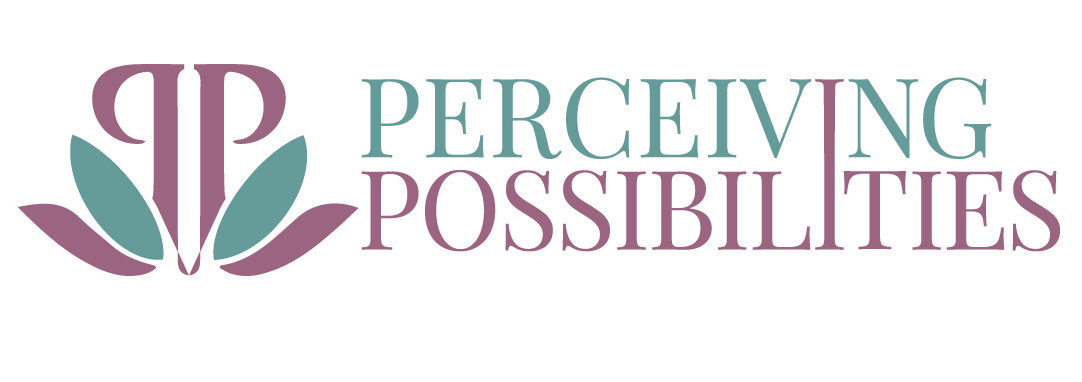Pop culture is an excellent source of good and bad leadership examples.
MasterChef is one of the shows I love that quite often reveals leadership lessons. This season has not disappointed me in that regard. In fact, in episode 10, there is a fantastic example of the #1 mistake I see managers and leaders make when taking on a new role, which is trying to recreate their previous successes exactly the way they did it before
Now on the face of things, this may seem like the most reasonable course of action, and using previous success as the basis for a new venture is an excellent place to start. Where this fails is when a new leader assumes that how they prefer to operate is the best for all companies and employees and will continue to produce the same results.
(SPOILER ALERT if you haven’t watched the show yet this season)
In this episode, the contestants are broken into teams and have to each grill a meal for 100 cowboys and cowgirls, including grilling steaks and making sides.
The team captains were allowed to pick their teams, which is where the mistake gets made.
Shelly, captain of the blue team, decides they won in the last team challenge, and she wants to recreate that success by picking the same team members. On its face, this could sound like a reasonable course of action and might produce success.
But then she gets new information.
As the picking starts, another contestant, Derrick, volunteers that he cooked 100 perfectly cooked steaks in his season, and his team won the competition.
Shelly decides to ignore the information and go with her gut.
Do you can see where this is going; Shelly didn’t win.
How Could Curiosity Could Have Changed the Outcome
Shelly’s first thought about recreating her last successful team was a good starting point. However, she stopped there instead of getting curious about the team competition. She might have made a different decision if she had asked herself questions about the team members. Questions like:
- What skills did each member have that contributed to the previous success?
- Will those same skills serve this challenge best?
- Is there anyone else with skills more suited to this challenge?
- If I can’t have this team, who else has skills suited to this challenge?
Asking these questions may have led her to change her team picks, especially when presented with Derrick’s information. Does it guarantee a different outcome? No. There are no guarantees, but it would have given her team the advantage in the most challenging part of the competition.
Being Curious Doesn’t Mean You’re Wrong
When you start to get curious about yourself and your leadership, it can feel very uncomfortable and a little like self-doubt. (Self-doubt can be productive, but that’s for another post) It always feels more comfortable to stay with what we already know works for us.
But questioning what you know and how you operate is not the same as saying you are wrong. You have had success with what you do and how you do it, or you wouldn’t be where you are. As with Shelly, an excellent place to start is with what you know.
The best leaders always recognize that they do not know everything, even in their subject matter expertise, and the more perspectives and information they have, the better their decision-making.
Cultivating a Curiosity Mindset
One of the attitudes of mindfulness is curiosity. This differs from approaching things with a beginner’s mind (again, something for another post). Curiosity presents as a desire to know or learn something. The more we know, the less curious we can become, but there are ways to cultivate a curious mindset.
Slow Down
When you move through life quickly, and on autopilot, you don’t give yourself the time to be curious. Learning to take time to “be” instead of “do” allows you the space to get curious. Yes, finding time in an already busy schedule can be challenging. Start by looking at how you spend your time. An excellent next step is to swap out some of the time you spend scrolling through social media to sit in meditation. You don’t need to spend large amounts of time in meditation to feel the benefits.
Ask More Questions
Asking questions is one of the best ways to cultivate curiosity. Make it a game for yourself. When you are in conversation, no matter how much you think you know about the subject, challenge yourself to think of at least three questions you could ask and then reward yourself for following through and asking at least one of them. Celebrating new skill development can motivate you to keep going.
Practice Staying Present
When you let your mind drift to your To Do list, past issue, or future worry, you lose the ability to be curious about your present experience. Our minds will jump around from topic to topic, just like a monkey swinging through the branches of the jungle. Practicing mindful meditations like Focus of Awareness can help you train yourself to recognize more quickly when you are “lost in thought” so that you can return to being present.
Seek Out New Experiences
When we engage in new experiences, it encourages curiosity and discovery. Set an intention for yourself at the start to look for the details, find the questions, and challenge what you think you know. The more you engage with new experiences (or any experience) mindfully, the more you will build the habit of curiosity.
Cultivating a curious mind not only improves your leadership but also opens your mind to new possibilities and, when turned inward, can deepen your self-awareness. The most successful leaders understand that when you know yourself deeply, you show up more authentically, create better relationships, and have increased well-being.
If you are ready to step into the power of knowing yourself deeply so that you can create a balanced and joy-filled life while achieving success, click the link to schedule your FREE 30-minute FREE session.







